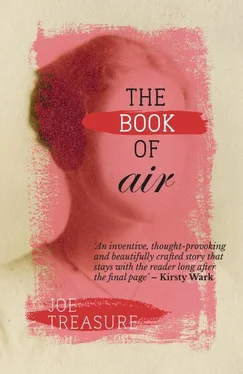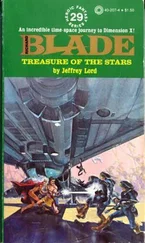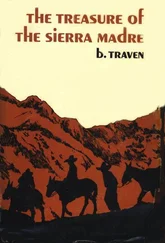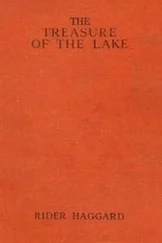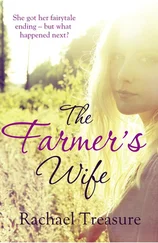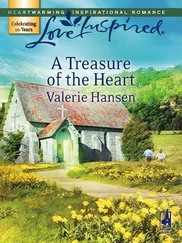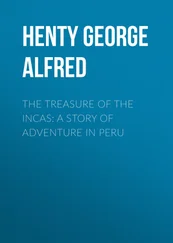‘Stop asking questions.’
As I free her from her clothes, I find I can trace her day’s work across her body, tasting the salt on her skin and the sharper tang of sweat clinging to the intimate crevices, and then sweeter flavours that are only hers and owe nothing to the field or the kitchen. After a while her breath is warm on my face and the sounds she makes in her throat are louder to my ear than the woodland noises and then drown them altogether.
It feels strange to write in this book after so long. I’m not who I was when I last opened its covers. Having a baby of my own makes me think again about my mother. She knew what it was to have a baby die. She had suffered imprisonment in the red room. I see how fear might have grown in her, all her fears for herself swelling into one monstrous fear that her second child would come to harm. I’m sad to think that I will never say this to her. That I know why she slapped me when I paddled too deep, why she hissed at me when I spoke up too loud or played too wildly. And I’m sad that she will never know her grandchild. I have called him Walt, after my father. I think of the village now as a river that flowed through me, and my life just part of its flowing. I can’t bear to think that it will never flow through my child, that I have stopped it here, in me, and fear that little Walt’s life will be like a dried up river bed without it.
It was hard having him. Dell helped, and Madge, an old woman who comes to the O sometimes with pigeons. Madge has a knack for snaring, but no teeth, so she brings the birds but only slurps at Dell’s gravy and gets drunk on Trevor’s brew. The cramps came on at tea time and came faster and sharper into the evening, but it was the dead of night before little Walt appeared. Madge said this was quick but it seemed long enough to me.
I thought at times that the pain would tear me open. At times my mind went somewhere else and I seemed to be in a river and the pain was like water rushing through me, wave after wave, and I must either fight it or drown in it, and drowning was better.
So lovely it was at last to hold him damp and blooded from my belly and so tiny in my arms. I’ve never known a sweeter thing. For such a time I’d known him, but never yet seen him face to face. All winter he’d called to me, kicking and turning, nagging me to eat the wild berries Trevor pickles in gin. But when I took his tiny wrinkled fingers and his little eyes blinked open and looked into mine, I came at last to his calling. And I understood Sarah’s grief at losing Dell to the scroungers, never to see her again.
Madge took a kitchen knife to the binding, and Walt became his own person.
‘Oh, Agnes,’ Dell said, ‘Look at his tiny noggin, all red and furrowed. Who’d have thought he’d be so lovely.’
Madge took him from me to wrap him from draughts. When it was Dell’s turn to hold him, she hugged him and hugged him, saying, ‘Look at the little tablet.’
Loving Walt as I do, I find I must try to forgive Brendan. I know I will catch glimpses of him in Walt’s face as Walt grows older, and I would be sorry to mind. Even so, I think what Brendan did to me was wrong. I see that now clearer than ever. Wrong to give me this baby, then to punish me for it. To do it to me when I was far from home and afraid of him. And I was always afraid of him, though I called it love. And it was wrong of him to tell lies about my mother. If I killed him I’m sorry, but not too much. I can’t wish Brendan safe at the Hall and me locked away to save him from shame.
I have seen more pictures, but never with such innocent wonder as that first time. I guard myself against their power. I prefer to sit at the back with Trevor, where the light spills from his machine, and help him work. I love to see the long dark ribbon curling off its wheel to wrap itself round another, the pictures so tiny and so delicately made, and so many of them, each one hardly different from the last. I cry to think of the skill of those who made them, all long dead and forgotten.
As for the Jane Writer, it lights the pictures and makes them move, but I’m afraid its name is only the trace of a memory and nothing more. When I ask Trevor he shrugs and says that’s what Cat’s mother called it and that’s what it is.
I’ve grown used to the work at the O. For a while I could only waddle like a fat sow, but now Walt is born I help Dell with cooking and banking up the fire. And together we watch the baby. Dell is my friend now and knows everything about me that can be told in words, though nothing of what lies deepest in my heart. She knows that Brendan is Walt’s father, which makes Walt almost a brother to her. That Brendan might be dead. That if he’s dead, then I am to blame. She was quiet when I told her that – sad and thoughtful. I was afraid she would hate me for it, but she knows what men can do, knows about the dangers of the road, never goes far without a knife in her belt.
When someone leaves word at the O I help her write it. We use the wall for paper and our pen is a stick padded at the end with fur. Our ink is pale and watery but we crush berries into it – blackberry, hawthorn, sloe – and so the word lasts long enough to be passed on, then fades, making space for other words. Trevor can neither read our letters nor understand how their shapes can make a sound, seeing them, I suppose, like the scatter of leaves blown in at the window.
I read to Dell from the books and have found a different way of reading, moving forward from one sentence to the next, content with one meaning at a time, sometimes two, often not even one if the words are hard and their meaning too strange to us. Dell is curious about my own book, but finds my writing in it no odder than many things I do.
And what of the Book of Air? I still love it above all other books that exist or might exist. I still feel Jane’s presence sometimes, though I am far from the Study. I still want to believe that everything is in Jane and Jane in everything, but it gets harder. And I wonder if it could ever be true for Dell or Trevor or any of the people who live beyond the village.
Other things I once believed seem just tales to me now. The story of Maud who went at night to the house of windows that is now a ruin. Of how she danced with the Monk by starlight to the jangle of bells. Of how one night she didn’t come and the Monk in sorrow tore out his own heart. Brendan said this was good for a winter evening by a cottage fire and I think he was right. And the story of Old Sigh who flew down from a burning tower, without a stitch of clothing on him, to save the Book of Moon. The Mistress told us that one, but I think now it was a story meant only for children.
I’m woken by the church bells. Abigail is breathing steadily against my neck. We’re snug in our quilt, bedded in mossy soil and dead leaves, and the old trees stand around us in the grey light.
A slight movement tells me Abigail’s awake. I sense her listening.
‘Jason?’
‘Yes.’
‘Do you hear that?’
‘Yes.’
‘What do you think it means?’
‘Nothing, probably. It means Django’s up. Or never went to bed.’
‘Do you think we should find out?’
‘I’d rather stay here with you.’
‘So would I.’
She stirs and we disentangle from each other. I get up and pass her some clothes, her underwear and her skirt, and turn my back to let her dress.
We leave the wood and walk down the woodland side of the brook, hand in hand, pushing through straggly yellow weeds. The Mercedes with its nose dipped towards the water reminds me of our last wild car ride.
‘Jason,’ she says, ‘last night…’
‘Yes.’
‘When you said am I Jewish, why did you say that?’
Читать дальше
